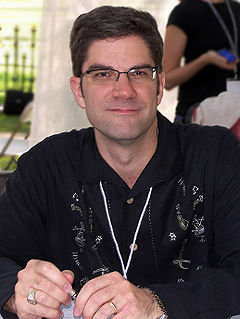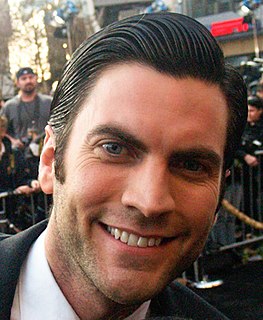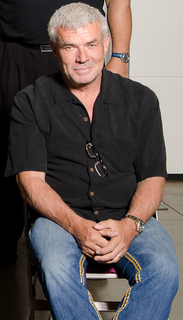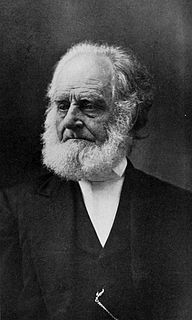A Quote by Steve Coogan
If you start to disrespect the character you're playing, or play it too much for laughs, that can work for a sketch, it will sell some gags, but it's all technique. It's like watching a juggler - you can be impressed by it, but it's not going to touch you in any way.
Related Quotes
Yes, I am one of those people who feels that most of my work is adaptation of one sort or another. For me, it's a way to jump-start the engine. For example, some people use the technique of basing a character on a friend. They start writing with his or her voice, then at a certain point, the character takes off on his or her own. It probably no longer resembles the model, but it helped the author to get going. I find that's true of form, too. For every play I've written, I know what play I was trying to imitate. That helps me get going.
When I take on a character, it's a sacrifice. There's something that you give up every time. I want to become these characters, and I want to be mysterious, but if you know too much about me, it's not going to be too much fun watching me play a character, because it's just going to be me with a mask on, instead of you believing what the mask is.
Becoming the character you are playing might work for some, but for me, it doesn't. I always maintain a gap between myself and my character because if I will go so deep into it, it will get difficult for me to come back. You should work towards understanding the psyche of your character and then play it.
Any kind of sequence when you have to express physical space and time can be difficult to story-tell because, if you're sitting there watching it like it's a play or something, your mind can track what's going on, or if you're watching an actual fight you can kind of track what's going on, but as soon as you have to start telling the story and tracking for the audience, it becomes much more complicated.
No one forces me, or any other writer, to sell a film option on the books. If you don't want to run the risk that the filmmakers may adapt your work in a way you don't like, then you don't sell the option. You know when you sell it that they will have to make some changes, just because film and TV are different media than books.
In the beginning, I was always playing some kind of gangbanger and the token Mexican dude who didn't have a lot of lines but was in the entire movie. At the same time, everyone gets typecast, and I decided that if I was going to play a stereotypical role, I was going to play it like a three-dimensional character.
Every city is different for playing, actually. That's one of the hardest things: to play abroad. Because sometimes you know your city and your audience and you know what to play and what people will dance to. And later, you go to a place and you think this thing will work and you start playing and it doesn't work, and you have to be able to go to another side just to try to find what people like or whatever, or, like, try to make people dance as they are more used to. I don't know, it's quite strange - people dance in different parts of Europe in a different way.
So many actors get caught up in their technique, and to be honest, I see it really getting in the way. I see them forcing things. I definitely do my best work when I'm free of that. But I think as an actor, I work really hard in preparing the roles. I spend like 90 percent of my waking moments walking around thinking: "What does this character do? What is his relationship with so-and-so?" Always, really. Too much!


































